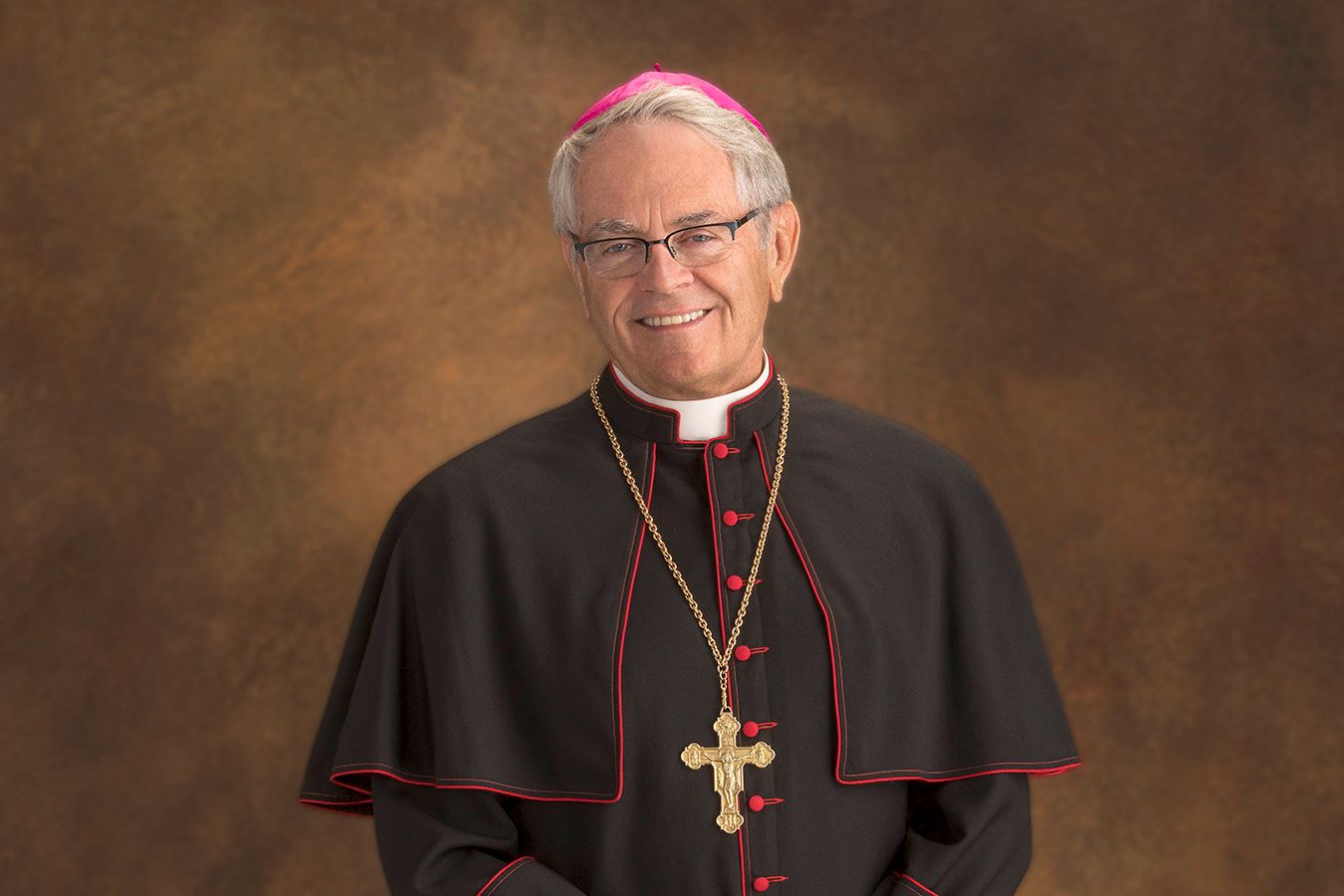
Who is the Metropolitan Bishop? A Metropolitan Bishop is a high-ranking official in certain Christian churches, overseeing a large region called a metropolis. This role is crucial in maintaining the spiritual and administrative order within their jurisdiction. They often have authority over other bishops in their area, making them key figures in church hierarchy. Their duties include ordaining priests, managing church resources, and ensuring doctrinal consistency. The title "Metropolitan" signifies their leadership over a major city or region, often with historical and cultural significance. Understanding the role of a Metropolitan Bishop helps grasp the broader structure and governance of many Christian denominations.
Who is a Metropolitan Bishop?
A Metropolitan Bishop holds a significant position within the hierarchy of the Christian Church. They oversee multiple dioceses within a province, ensuring the smooth functioning of the church's activities and maintaining doctrinal integrity.
- The term "Metropolitan" comes from the Greek word "metropolis," meaning "mother city."
- A Metropolitan Bishop typically has authority over other bishops within their province.
- They often have the power to convene provincial synods, which are meetings of bishops to discuss church matters.
- The role of a Metropolitan Bishop dates back to the early centuries of Christianity.
- They are usually appointed by the Pope or the highest authority in their particular denomination.
Responsibilities of a Metropolitan Bishop
Metropolitan Bishops have a range of duties that extend beyond those of a regular bishop. Their responsibilities ensure the cohesion and unity of the church across a larger geographical area.
- They oversee the ordination of new bishops within their province.
- Metropolitan Bishops often serve as a point of contact between the local dioceses and the central church authority.
- They are responsible for ensuring that church laws and doctrines are followed within their province.
- They may also have a role in resolving disputes between bishops or dioceses.
- Metropolitan Bishops often represent their province in national or international church councils.
Historical Significance of Metropolitan Bishops
The role of Metropolitan Bishops has evolved over centuries, but their historical significance remains profound. They have played crucial roles in shaping the church's structure and policies.
- In the early church, Metropolitan Bishops were often the bishops of the most important cities in the Roman Empire.
- They played a key role in the development of early Christian doctrine and church organization.
- During the Middle Ages, Metropolitan Bishops were often involved in political as well as religious matters.
- They have historically been influential in the selection of Popes and other high-ranking church officials.
- The role of Metropolitan Bishops has been recognized in various ecumenical councils, such as the Council of Nicaea.
Modern-Day Metropolitan Bishops
In today's world, the role of Metropolitan Bishops continues to be vital. They adapt to contemporary challenges while maintaining the traditions and doctrines of the church.
- Modern Metropolitan Bishops often engage with social and political issues, advocating for the church's stance on various matters.
- They use modern technology to communicate with their dioceses and the broader church community.
- Metropolitan Bishops today often have a role in interfaith dialogue, promoting understanding and cooperation between different religious groups.
- They continue to play a crucial role in the ordination and training of new clergy.
- The position of Metropolitan Bishop remains one of great respect and authority within the Christian Church.
Final Thoughts on Metropolitan Bishop
Metropolitan Bishops play a crucial role in the hierarchy of many Christian denominations. They oversee large regions, often encompassing multiple dioceses, and ensure that church teachings and practices are followed consistently. These leaders are not only spiritual guides but also administrators who manage the resources and personnel within their jurisdiction. Their influence extends beyond the church, often impacting local communities through various social and charitable activities. Understanding the responsibilities and significance of Metropolitan Bishops helps appreciate the structure and function of the church. Whether you're a devout follower or just curious about religious leadership, knowing these facts provides valuable insight into the pivotal role these figures play. So next time you hear about a Metropolitan Bishop, you'll have a deeper understanding of their importance and the impact they have on both their congregations and the broader community.
Was this page helpful?
Our commitment to delivering trustworthy and engaging content is at the heart of what we do. Each fact on our site is contributed by real users like you, bringing a wealth of diverse insights and information. To ensure the highest standards of accuracy and reliability, our dedicated editors meticulously review each submission. This process guarantees that the facts we share are not only fascinating but also credible. Trust in our commitment to quality and authenticity as you explore and learn with us.


